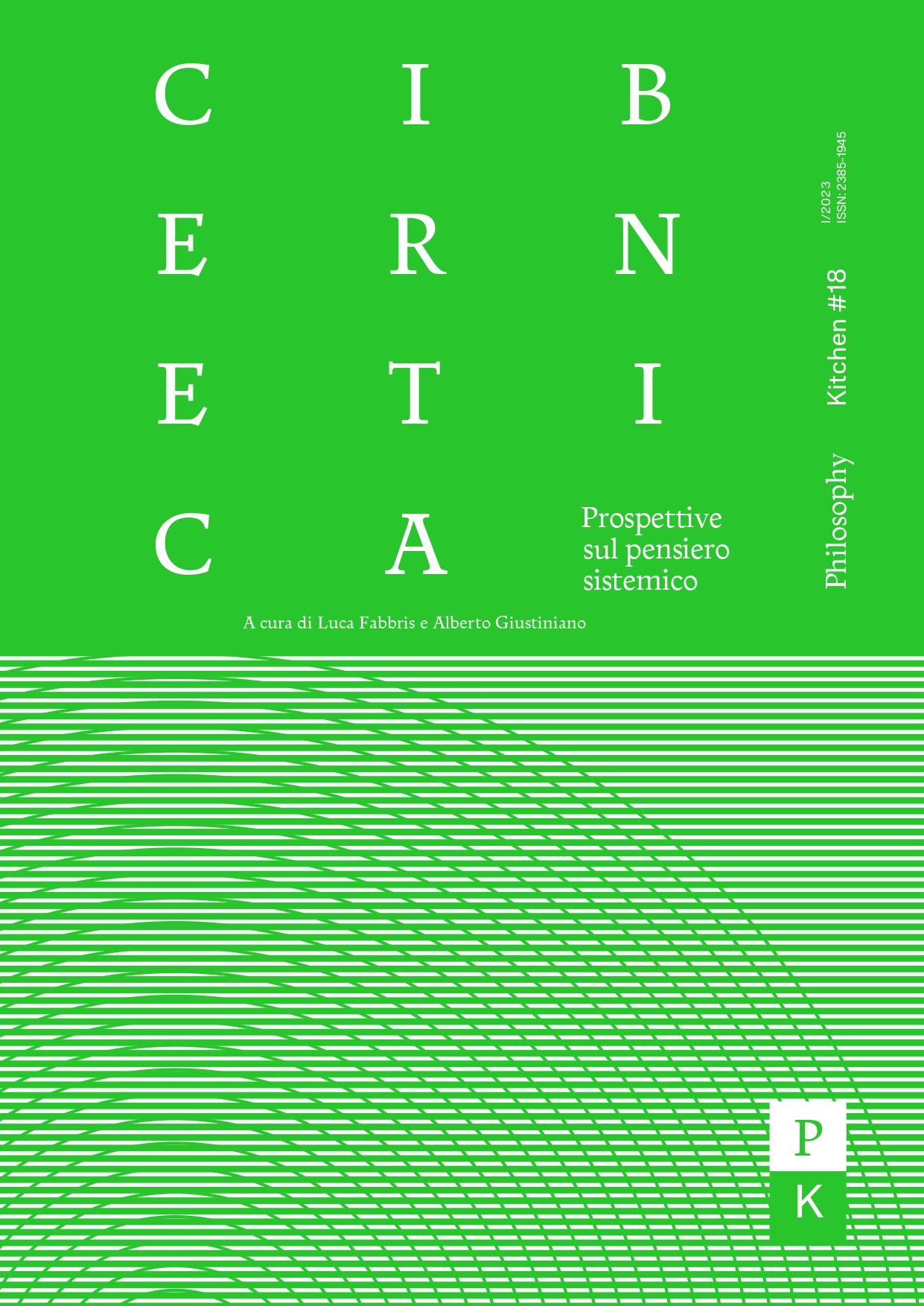La cybernétique orientée objet. L'objectivisme radical de Ranulph Glanville
DOI :
https://doi.org/10.13135/2385-1945/7839Résumé
How can autonomous and operationally closed units construct a shared reality? This is one of the main problems in second-order cybernetics. Ranulph Glanville’s Theory of Objects (TO) is an attempt to solve it. With TO, Glanville defines a Universe in which only unique and irreducible units – named Objects – exist. An Object is a dual unit characterized by a self-observation cycle (oscillation between a self-observing and self-observed moment). Each Object can observe and be observed by another Object. An observing Object can grasp only the public side of an observed Object (the private side of an Object is accessible only through self-observation). Objects do not share properties, and they have no common reality. Objects are unique, singular, irreducible as well as operationally closed. Reality is understood as the product of the interaction between observing units. The article (1) examines the epistemological and ontological features of TO and the radical objectivism underlying it; (2) discusses some of the problems of TO related to the definition of the observer; and (3) shows how TO can be considered an ante litteram formalization of Object-Oriented Ontology.





